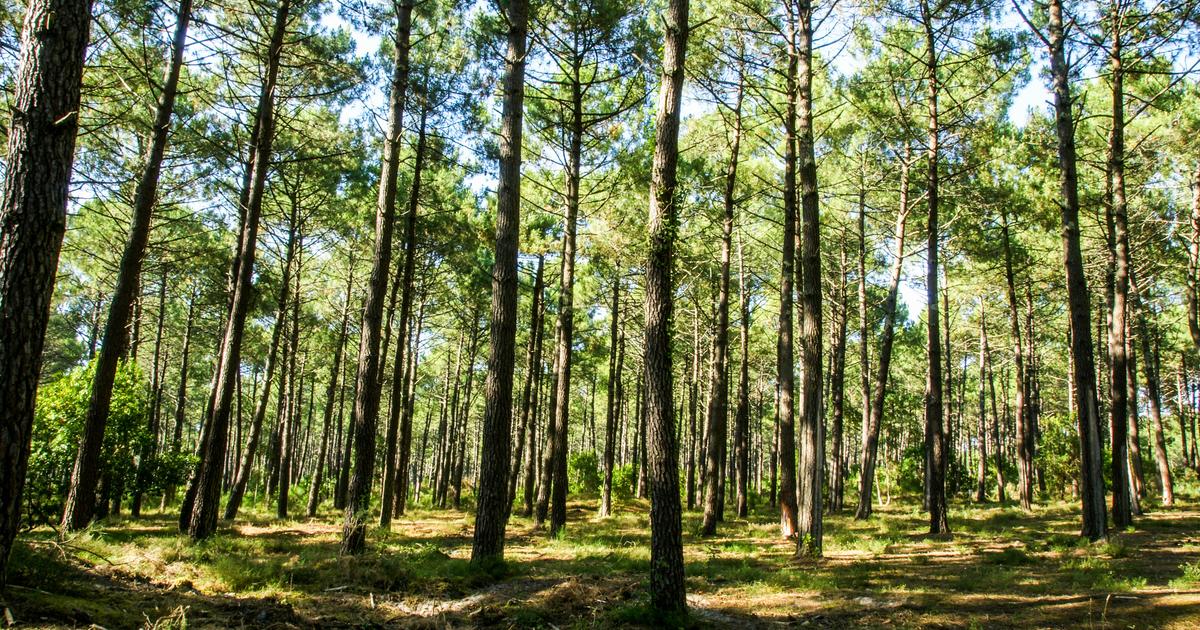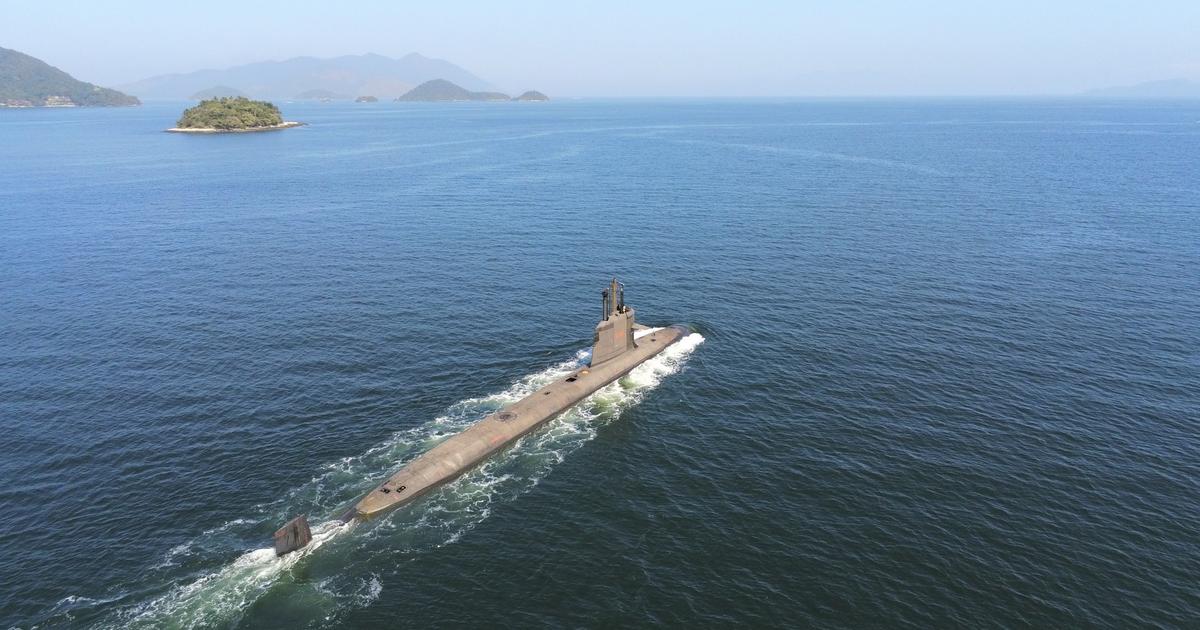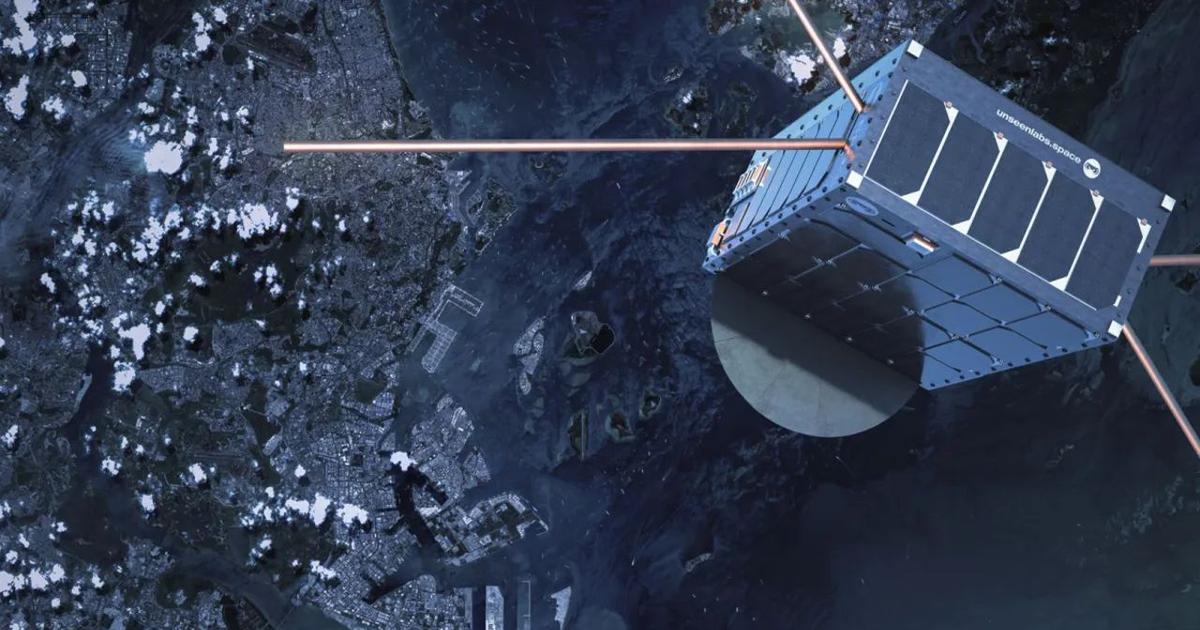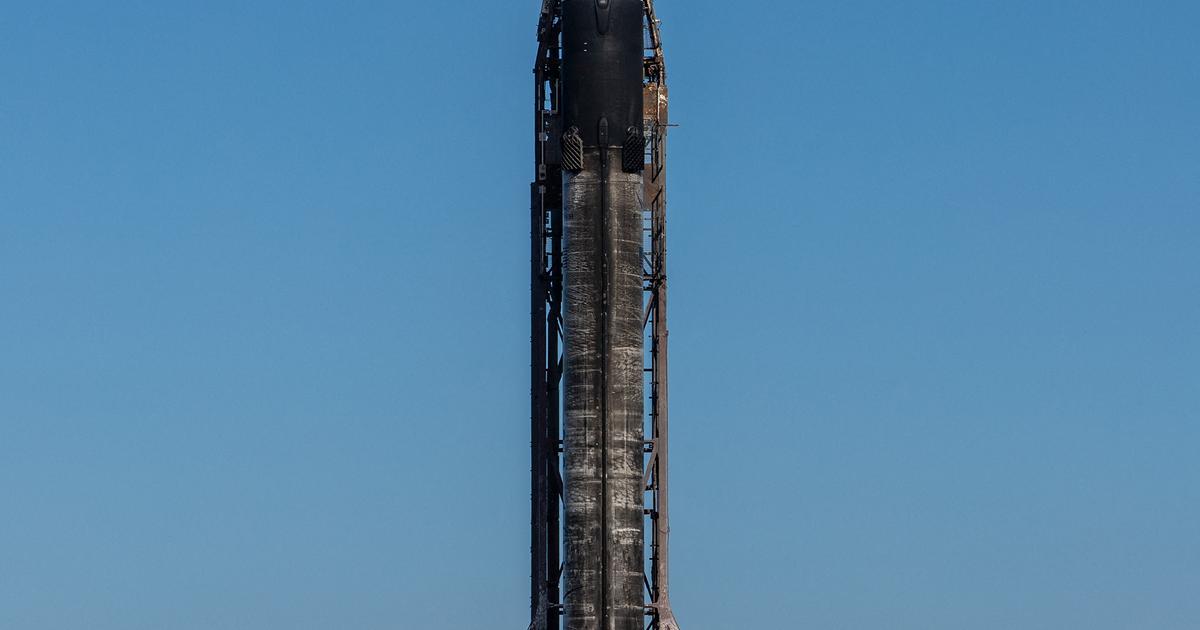The Swiss giant Nestlé is using Airbus satellites to monitor its reforestation projects, starting with Thailand, it announced on Thursday after a recent vote by the European Parliament to ban the import of products from deforestation.
The group that owns KitKat chocolate bars and Nespresso coffee pods in particular will rely on the new constellation of satellites called Pléiades Neo from Airbus, which provides very high resolution images with an accuracy of 30 centimeters.
Nestlé thus intends to monitor its reforestation efforts in the regions where it sources its supplies, he said in a press release.
The Swiss group has already been using Airbus services since 2016 to monitor deforestation, particularly for palm oil, but now also intends to monitor the progress of reforestation.
“Growing trees near where we source our supplies is a critical part of our climate roadmap, alongside decarbonizing our operations and our supply chain,” said Magdi Batato, COO of Nestlé, quoted in the press release.
The group has a reforestation program through which it plans to plant 200 million trees in its supply chain by 2030 and remove 2 million CO2 from the atmosphere.
The use of these satellites must make it possible to demonstrate the quantity of CO2 removed, specifies the group.
These satellites will first be used to monitor tree growth in the provinces of Ranong and Chumphon in southern Thailand where a reforestation project was launched last year.
The satellites will monitor 150,000 trees around the farms where Nestlé sources its coffee over a 20-year period.
Read alsoAfter the Buitoni scandal, Nestlé gets rid of its frozen pizzas in Europe
The group will then decide on the extension of this satellite monitoring programme.
Last week, the European Parliament adopted by a large majority a regulation which will ban the import into the EU of products from deforested land after December 2020. It concerns cocoa, coffee, palm oil, soybeans, wood, rubber, charcoal and beef.




/cloudfront-eu-central-1.images.arcpublishing.com/prisa/Q2GFUQLBLVDFDE4G6U6GH2UFJE.png)







